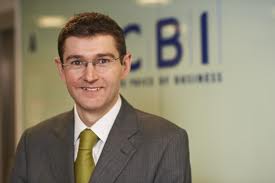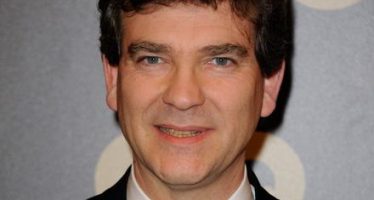CBI Urges Banks to Think of Customers First

Matthew Fell
The CBI commented on the Government’s formal response to the recent report from the Commission on Banking Standards.
Matthew Fell, CBI Director for Competitive Markets, said: “Britain needs a healthy and sustainable banking system to help drive our economy, so putting the customer front and centre, and boosting competition, is the best way to rebuild public confidence.
“The Chancellor has rightly kept the emphasis on lifting culture and standards through strong individual accountability and robust corporate governance. An extended licensing regime, aligning pay with long-term performance and enforcing the tough sanctions that already exist for those who step out of line, can only help make this a reality.
“Britain needs a healthy and sustainable banking system to help drive our economy, so putting the customer front and centre, and boosting competition, is the best way to rebuild public confidence.”
“Giving the Prudential Regulatory Authority a competition objective will keep barriers low to new players entering the market. The leverage ratio can be a useful back-stop, but it is a pretty blunt tool and must not bite into banks’ ability to lend. The Banking Reform Bill gives the Government a vehicle to make these changes quickly, so the sector can then focus on its primary role of financing growth.”
You may have an interest in also reading…
France and the Changing Face of Economic Power
The recent statement by France’s minister for industrial Recovery is not going to help France to continue to attract investment from
Elusive Democracy: While Voters Fume, Brussels Fixes the Caravan
The European Union has weighed in on the grave issues concerning caravan safety. EU authorities are currently in the final
Frugality, Education, Infrastructure and Attitude Change is Needed in the West: We Should Not Rely on Keynesian Nostrums to Pull Us Through
By Jon Moynihan The West’s economic dilemma will not be solved until those countries have not just restructured their balance
















































































